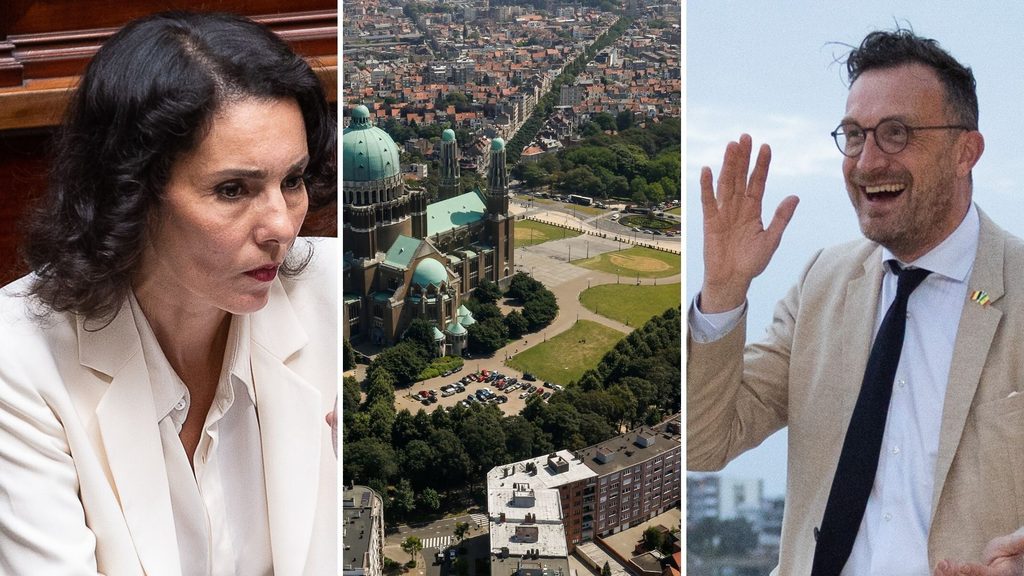As the controversy of the Brussels Summit continues to reverberate in parliament, the affair highlights the complexity of Belgian politics that is easily lost on uninitiated non-natives who might be inclined to dismiss the matter as a storm in a teacup.
Recently departed Pascal Smet – the minister in charge of promoting Brussels on the world stage – highlighted the event's global dimension as a reason to overlook diplomatic tensions that might exist between individual nations. Framed as such, could it be that he saw Belgium's still-raw relationship with Iran as subordinate to the summit's international aims?
Though not beyond the realms of possibility, this doesn't fully explain why he would intervene personally to ensure that these two otherwise barred delegations could come to Belgium. Given the reasons to disclude them (of which Smet was reminded by the Ministry of Foreign Affairs), why would he even want them to be there?
The more you look at it, the more difficult it becomes to explain Smet's motives as well-intentioned oversight, hence his stepping down. But whilst Smet's abdication was momentous, the saga goes on with eyes now turned on Belgium's Foreign Minister Hadja Lahbib who was instrumental in actually securing the visas for the contentious delegations.
And this is where the wider ramifications threaten to destabilise the Federal "Vivaldi" Government: whilst Smet's party were willing to provide a replacement to fill his place, Lahbib's are backing her and warn they will kick up a fuss if the pressure to dislodge her builds. Yet as a party central to the governing coalition, such a disruption could pull the linchpin on the whole alliance.
Sources close to the controversy don't expect the matter to trigger this worse-case house 0f cards scenario but it does expose the frailty of Belgium's political system, where what might at first appear a regional slip-up can have coalition partners at each other's throats.
Belgium in Brief is a free daily roundup of the top stories to get you through your coffee break conversations. To receive it straight to your inbox every day, sign up below:
1. Brussels Region invites expats to make their voices heard
Brussels Regional Government launched last week a second phase in an initiative to give its international residents a say in the politics, future and development of the region. Read more.
2. Brussels hospitals can no longer refuse requests for abortions
Every hospital in Brussels will have to follow up on all applications for abortion from the start of next year, taking away their option to simply refuse. Read more.
3. Belgium must invest €10 billion in insulation to hit climate targets
The Belgian National Bank (BNB) estimates that the country must invest at least €10 billion per year in insulation works if it hopes to meet its climate objectives. Read more.
4. Student jobs: Flexible regulations allow for year-round work
For the first time, the number of students working during the academic year is almost at the same level as those working during holidays. The improvement comes mainly as a result of new regulations. Read more.
5. Titanic tourism submarine goes missing near wreckage
Five people have gone missing aboard a tourist submarine on a deep dive to see the wreckage of the Titanic ship, by the island of Newfoundland in Canada. A search is now underway. Read more.
6. High-speed trains connect France and Spain starting from July for cheap
High-speed trains between key Spanish and French cities will start running this summer, with the ultimate goal of setting up a rail connection that goes all the way to Paris. Read more.
7. Hidden Belgium: Celestial Globe
A strange iron globe sits in a quiet cobbled courtyard in the university town of Leuven. Read more.


